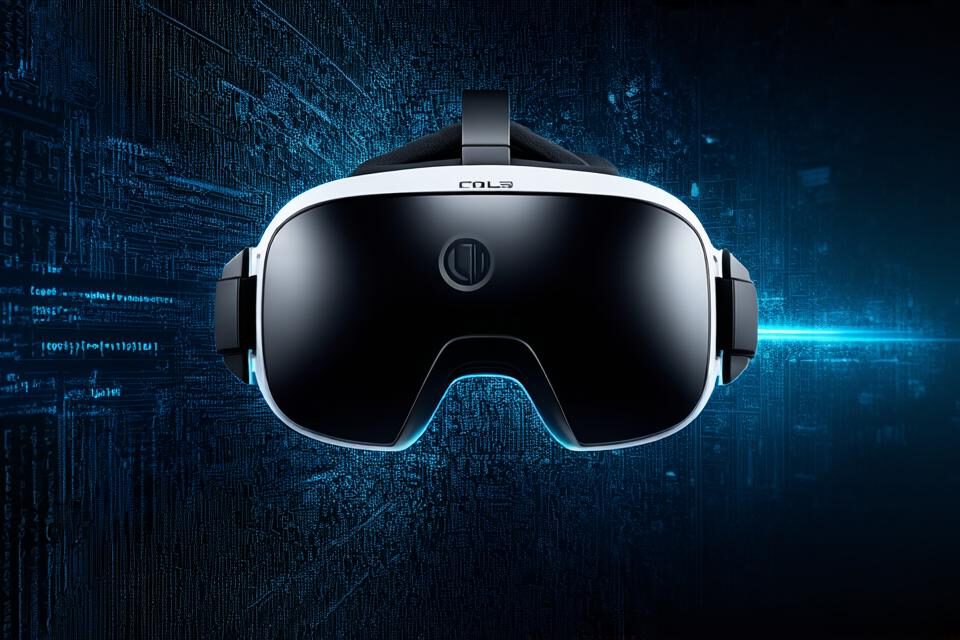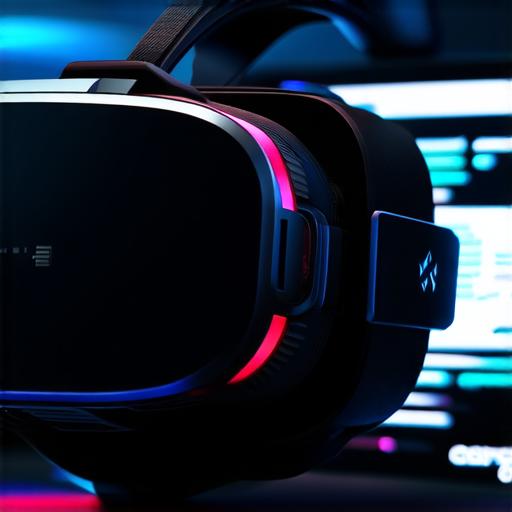Best virtual reality game development tools

Virtual Reality (VR) has revolutionized the gaming industry by providing a unique opportunity for developers to create immersive experiences that captivate players.
However, creating VR games can be challenging and requires specialized tools and knowledge.
This article will explore some of the best virtual reality game development tools that can help you unlock your creativity and boost your productivity.
1. Unity 3D
Unity is one of the most popular VR game engines in the market, offering a wide range of features that make it easy to create immersive games for various platforms, including VR. With Unity, you can use drag-and-drop tools and pre-built assets to create complex VR environments and characters quickly.
Additionally, Unity supports multiple programming languages, making it accessible to developers with different skill sets.
Unity’s extensive support for plugins and extensions enhances the VR experience by allowing you to create games specifically designed for different platforms. For instance, you can use the Oculus SDK to create games for the Oculus Rift or the HTC Vive SDK for the Vive platform.
Moreover, Unity integrates with popular development tools like GitHub, making it easy to collaborate with your team and track changes in your codebase.
2. Unreal Engine
Unreal Engine is another powerful game engine that is gaining popularity in the VR industry. It offers a wide range of features that allow you to create stunning visual effects and immersive environments quickly.
With Unreal Engine, you can use blueprints to create complex VR experiences without needing to write code.
Additionally, Unreal Engine supports real-time rendering, making it ideal for creating interactive games that require high frame rates.
One of the key advantages of Unreal Engine is its support for virtual production, allowing you to create 3D content for movies and TV shows in VR environments.
Furthermore, Unreal Engine integrates with various VR development tools like Oculus Integration and HTC Vive SDK, making it easy to create games for different platforms.
3. A-Frame
A-Frame is an open-source web framework that allows you to create VR experiences using HTML, CSS, and JavaScript. It is designed to be accessible to developers with no prior experience in game development, making it ideal for creating simple VR games and prototypes quickly.
With A-Frame, you can use pre-built components and templates to create VR environments and characters without needing to write complex code.
Additionally, A-Frame supports various VR controllers, including the Oculus Touch and HTC Vive Wand, making it easy to create games for different platforms.
- SteamVR Workshop
SteamVR Workshop is a platform that allows you to create and share custom VR content on the popular gaming platform, Steam. With SteamVR Workshop, you can use tools like Hammer, a visual scripting editor, to create VR experiences quickly without needing to write code.Additionally, SteamVR Workshop supports various VR controllers, making it easy to create games for different platforms.
One of the key advantages of SteamVR Workshop is its extensive library of pre-built assets and tools, allowing you to create complex VR environments and characters quickly. Moreover, SteamVR Workshop integrates with popular game engines like Unity and Unreal Engine, making it easy to create games that can be distributed on the Steam platform.

5. Oculus SDK
The Oculus SDK is a set of tools and libraries that allow you to develop VR applications for the Oculus Rift platform. With the Oculus SDK, you can use C++ or C programming languages to create VR games and experiences.
Additionally, the Oculus SDK supports various input devices, including gamepads and motion controllers, making it easy to create games that are intuitive and responsive.
One of the key advantages of the Oculus SDK is its support for real-time rendering and low latency, making it ideal for creating high-performance VR games. Furthermore, the Oculus SDK integrates with various game engines like Unity and Unreal Engine, making it easy to create games that can be distributed on the Oculus platform.
In conclusion, virtual reality game development tools are essential for creating immersive experiences that captivate players.